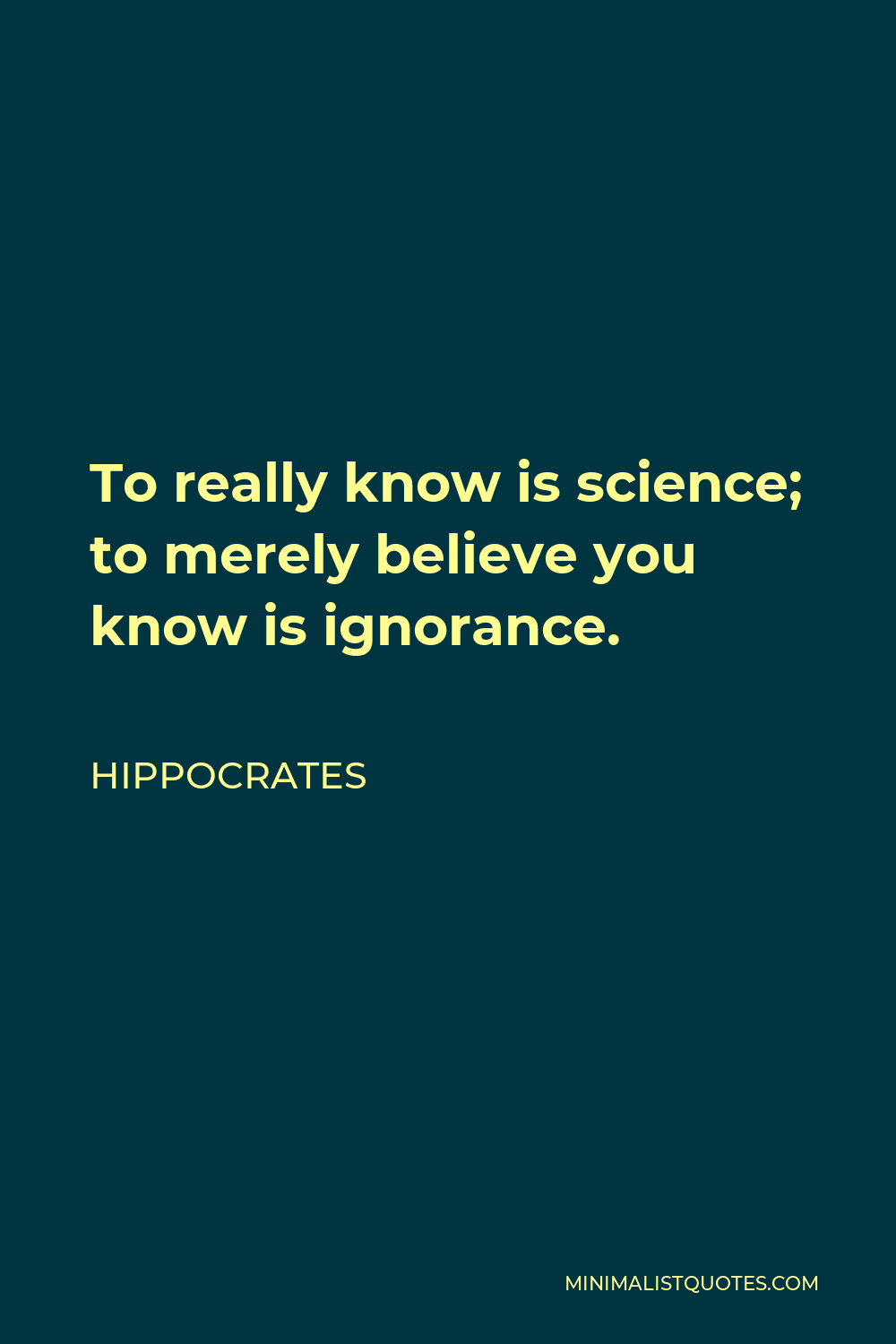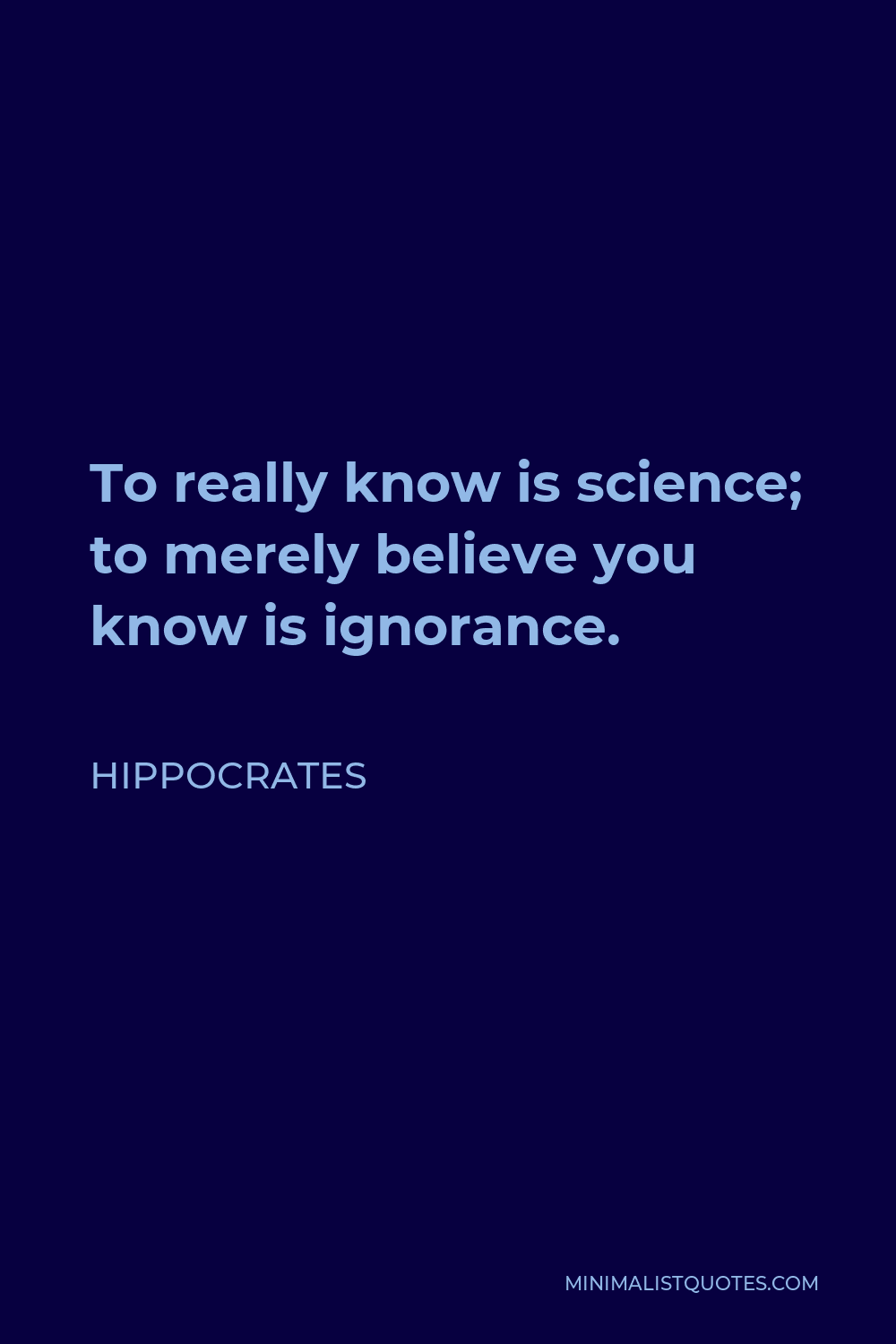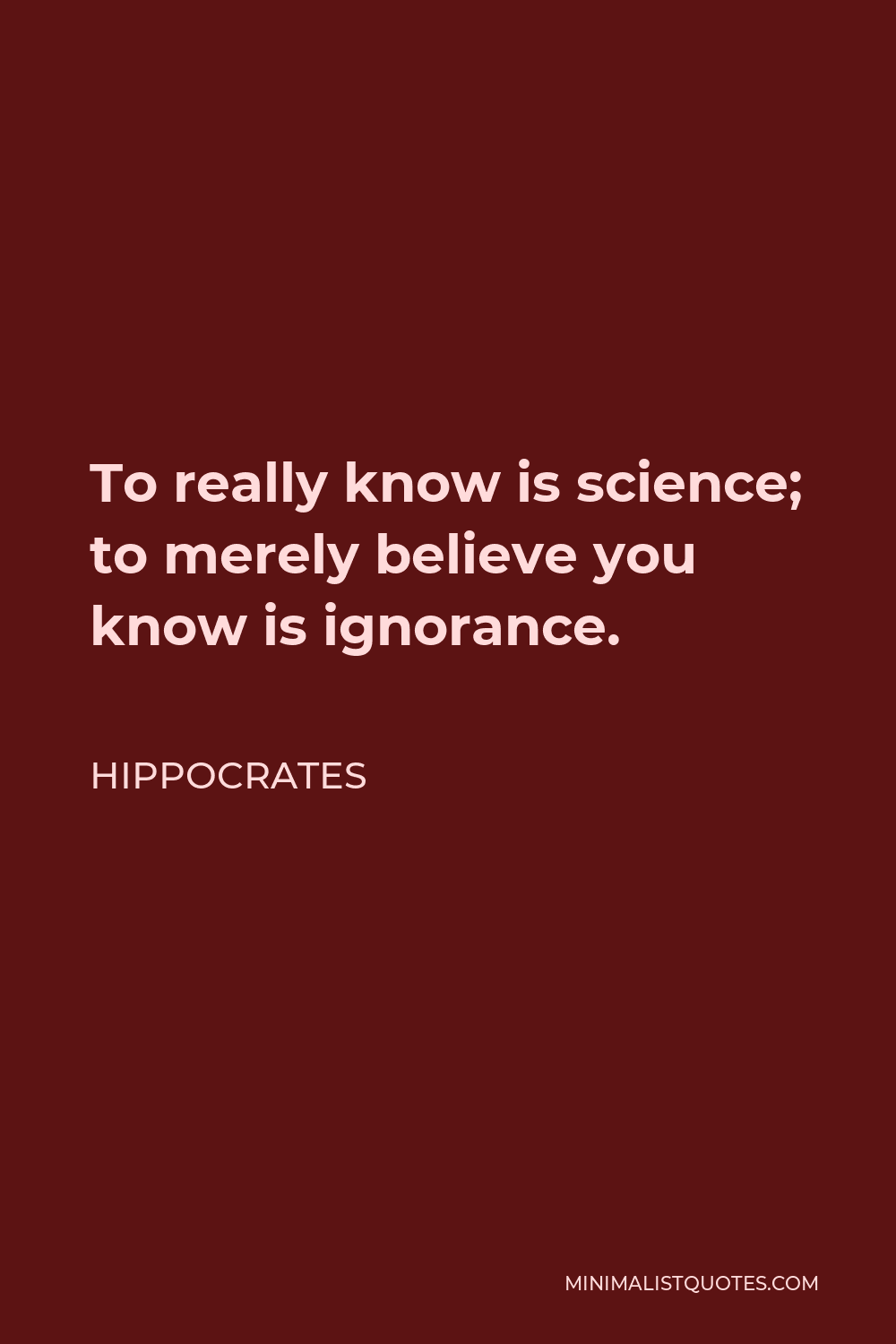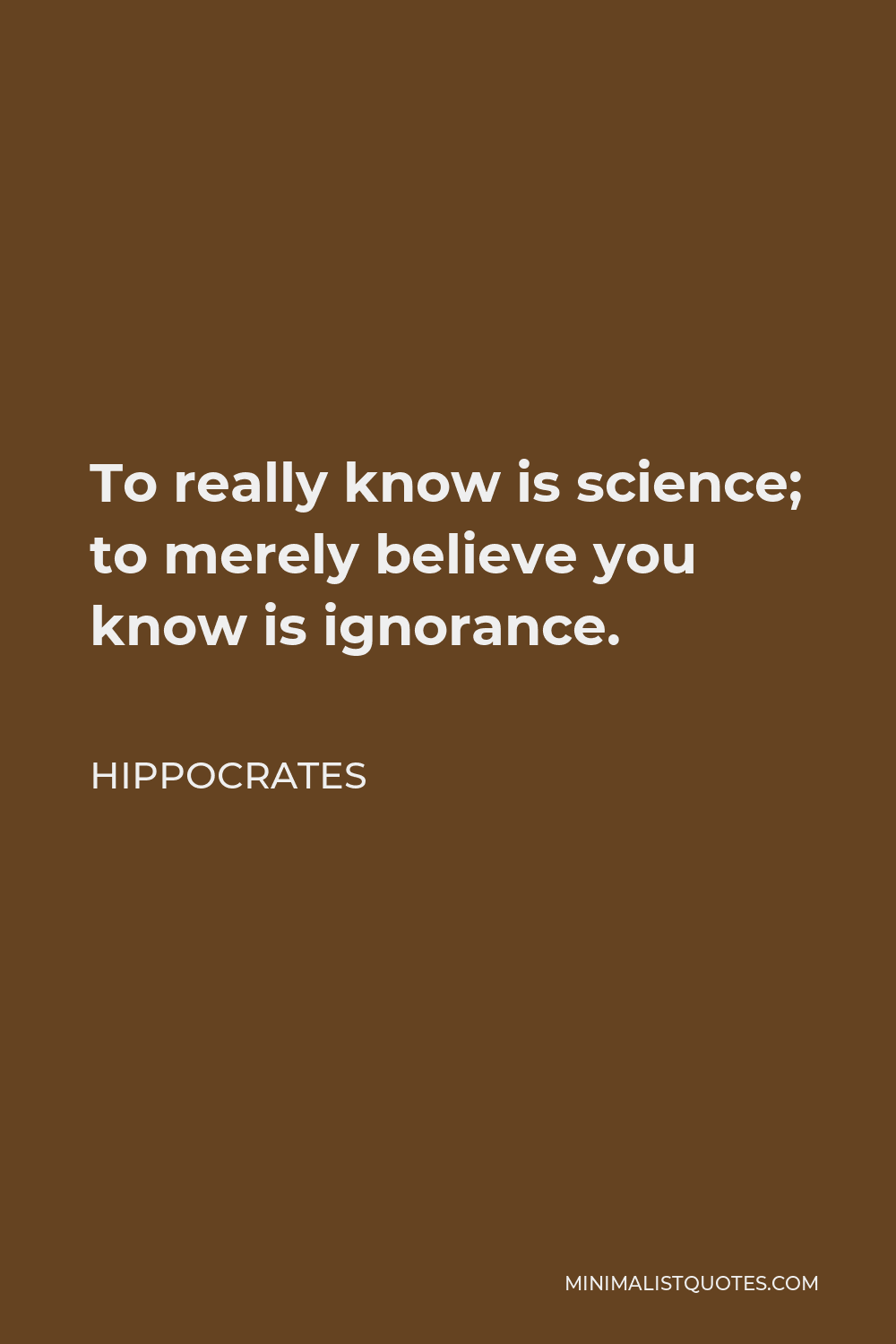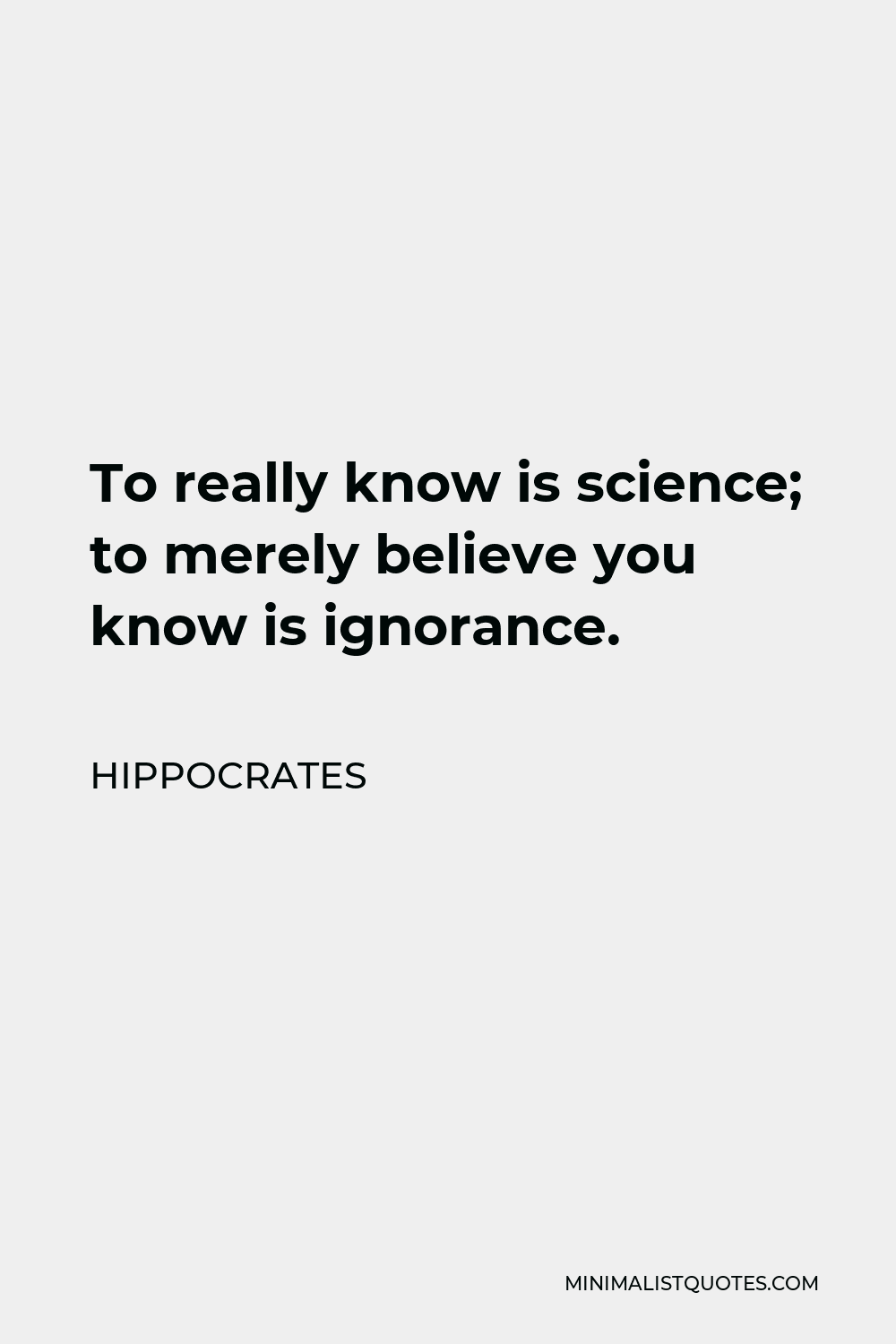I will follow that system of regimen which, according to my ability and judgment, I consider for the benefit of my patients, and abstain from whatever is deleterious and mischievous.
HIPPOCRATESTo really know is science; to merely believe you know is ignorance.
More Hippocrates Quotes
-





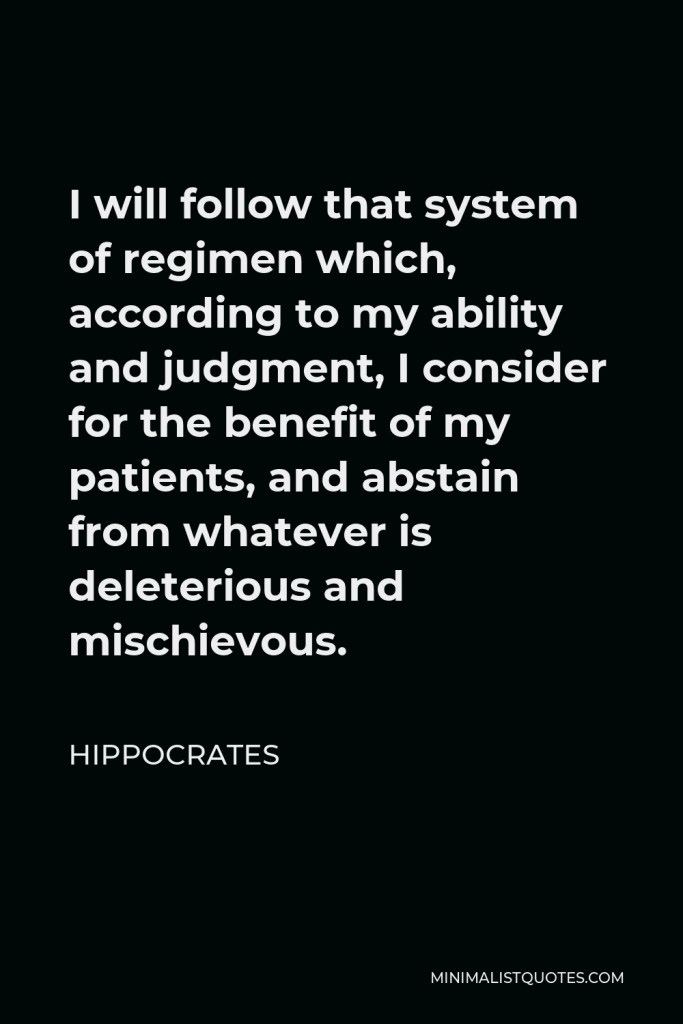

-





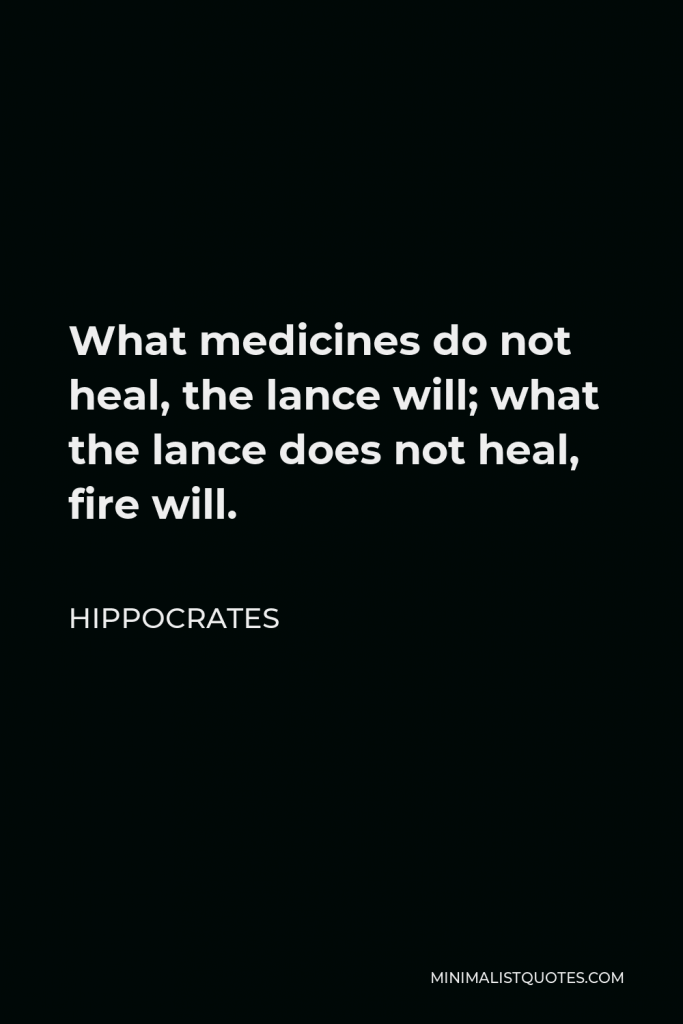

What medicines do not heal, the lance will; what the lance does not heal, fire will.
HIPPOCRATES -





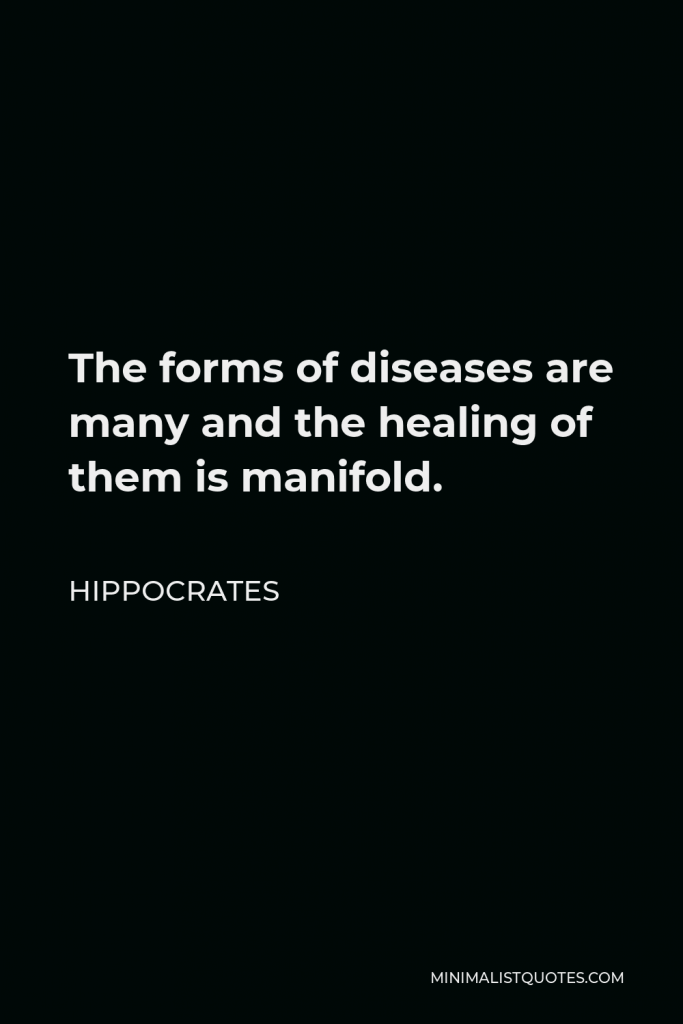

The forms of diseases are many and the healing of them is manifold.
HIPPOCRATES -





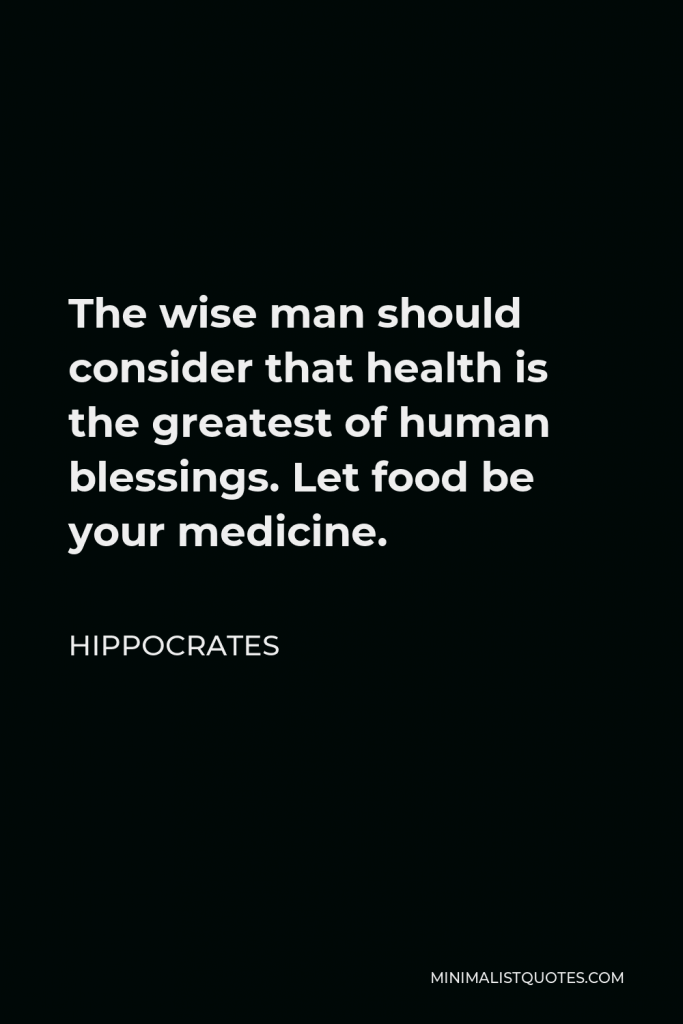

The wise man should consider that health is the greatest of human blessings. Let food be your medicine.
HIPPOCRATES -





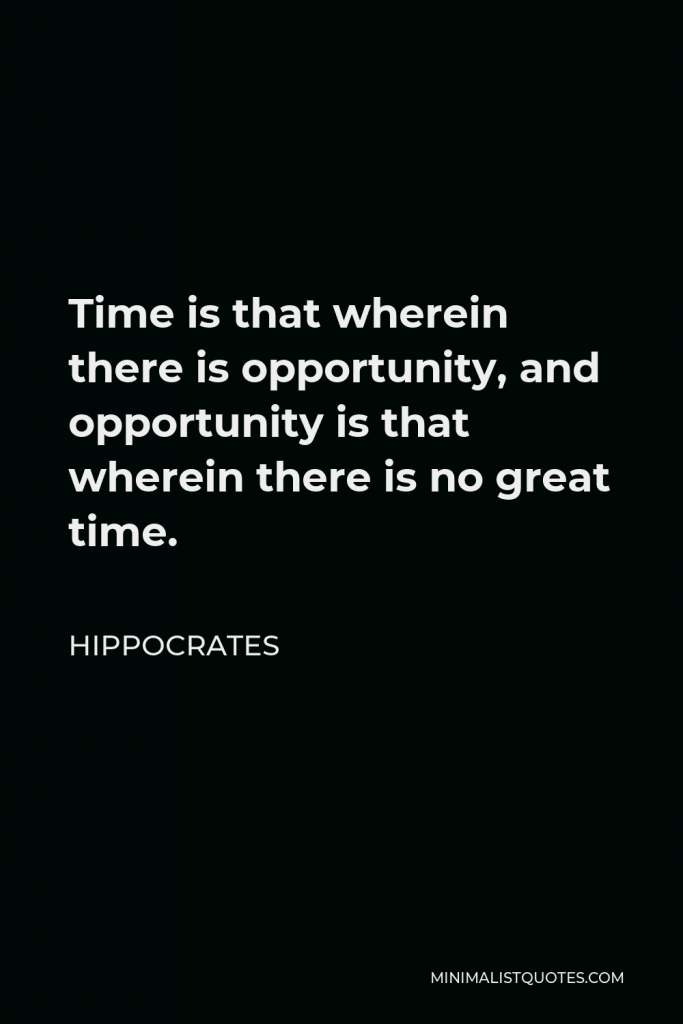

Time is that wherein there is opportunity, and opportunity is that wherein there is no great time.
HIPPOCRATES -





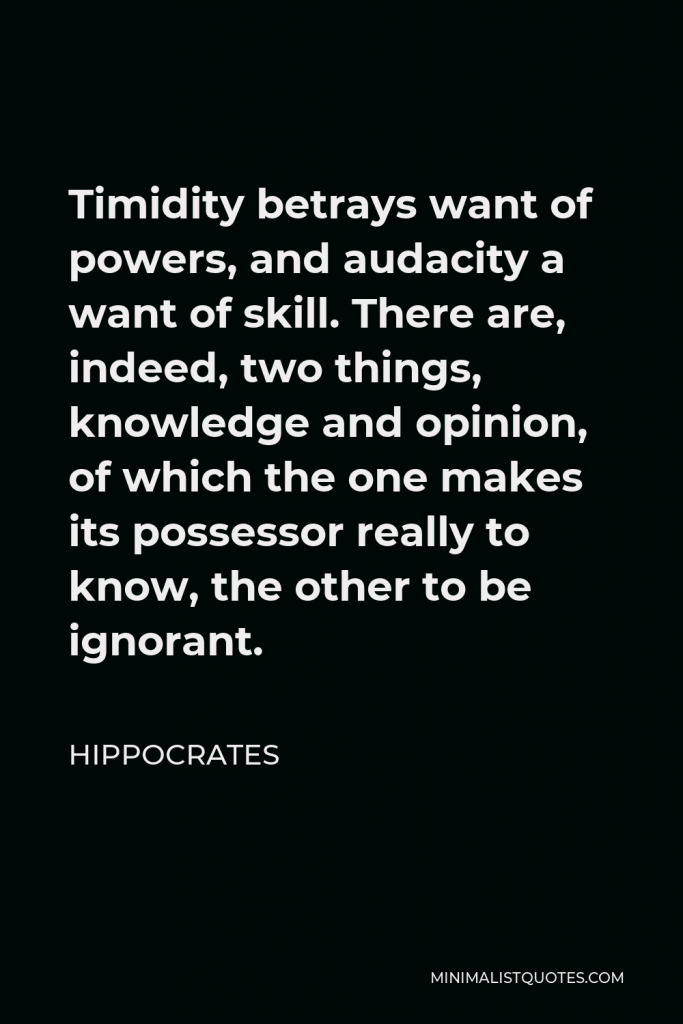

Timidity betrays want of powers, and audacity a want of skill. There are, indeed, two things, knowledge and opinion, of which the one makes its possessor really to know, the other to be ignorant.
HIPPOCRATES -





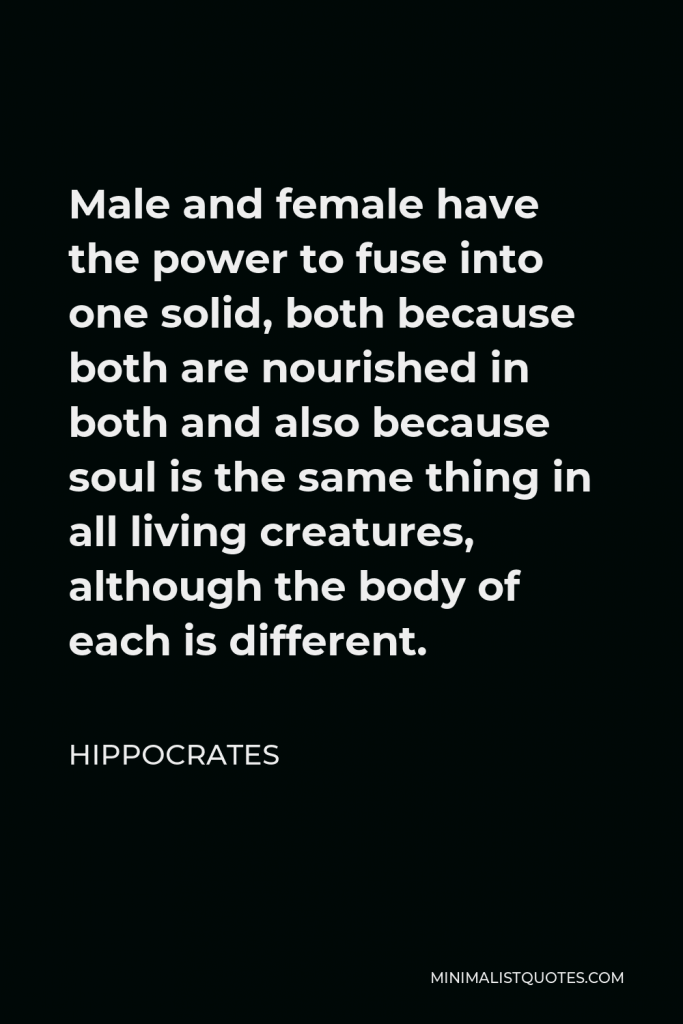

Male and female have the power to fuse into one solid, both because both are nourished in both and because soul is the same thing in all living creatures, although the body of each is different.
HIPPOCRATES -





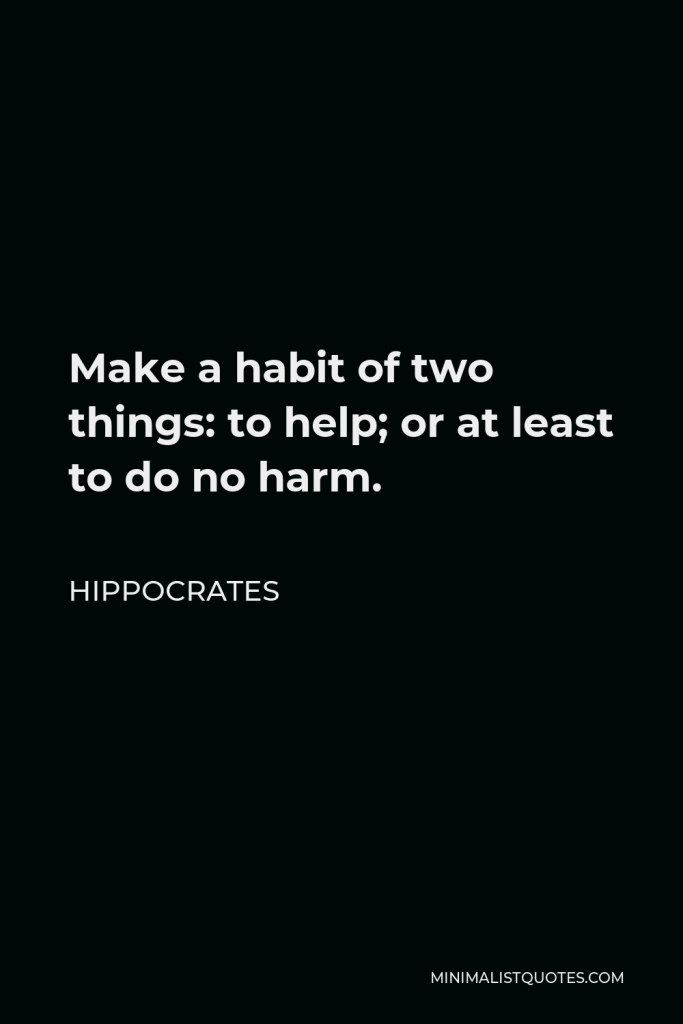

Make a habit of two things: to help; or at least to do no harm.
HIPPOCRATES -





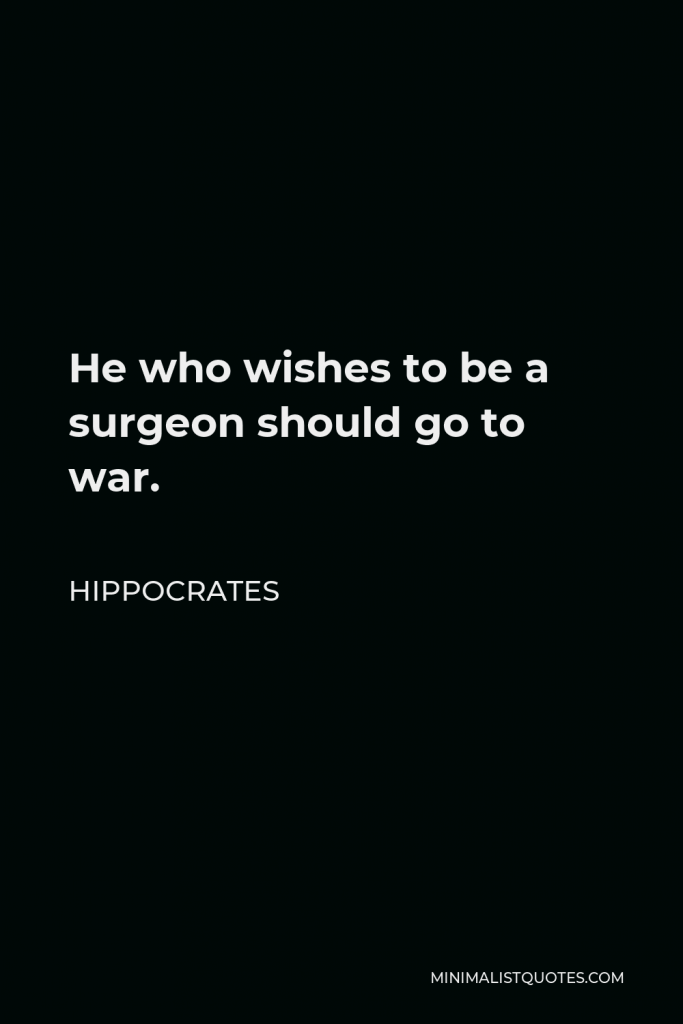

He who wishes to be a surgeon should go to war.
HIPPOCRATES -





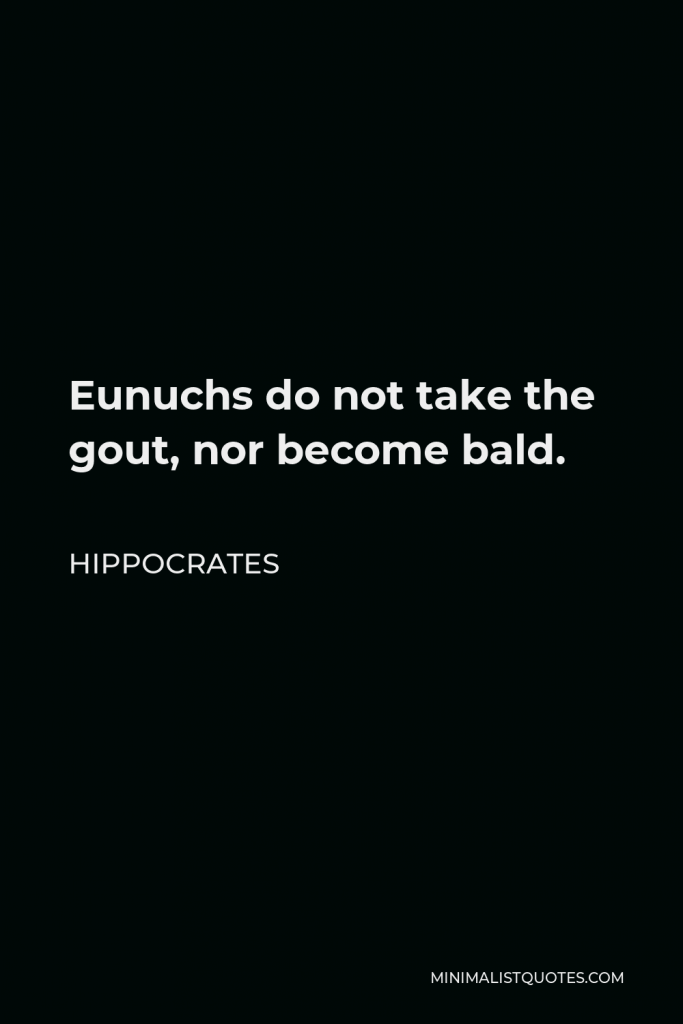

Eunuchs do not take the gout, nor become bald.
HIPPOCRATES -





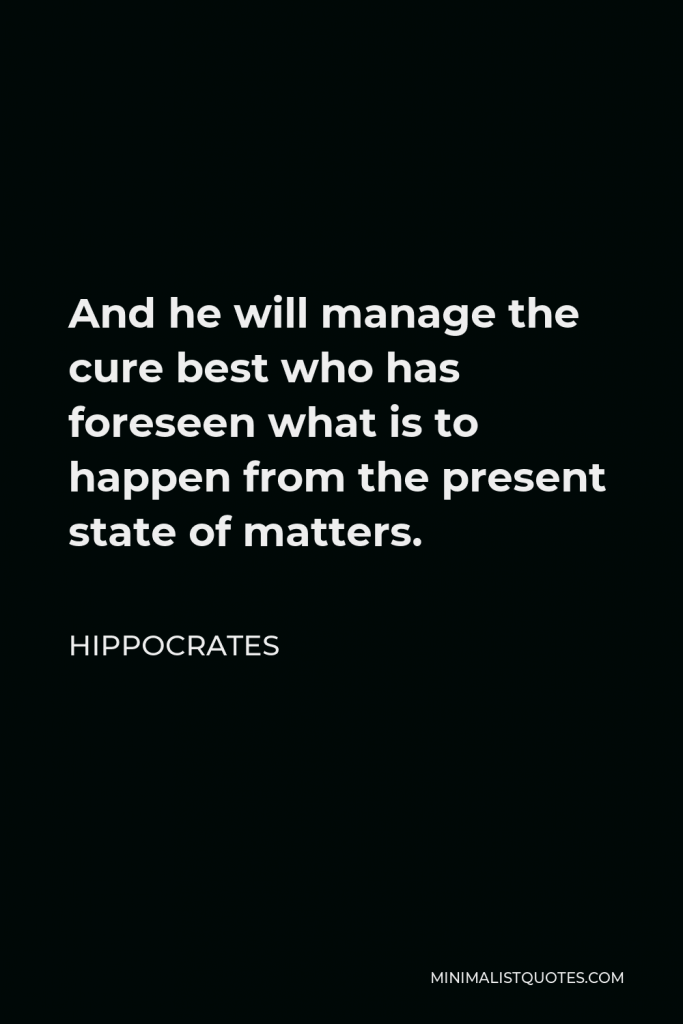

And he will manage the cure best who has foreseen what is to happen from the present state of matters.
HIPPOCRATES -





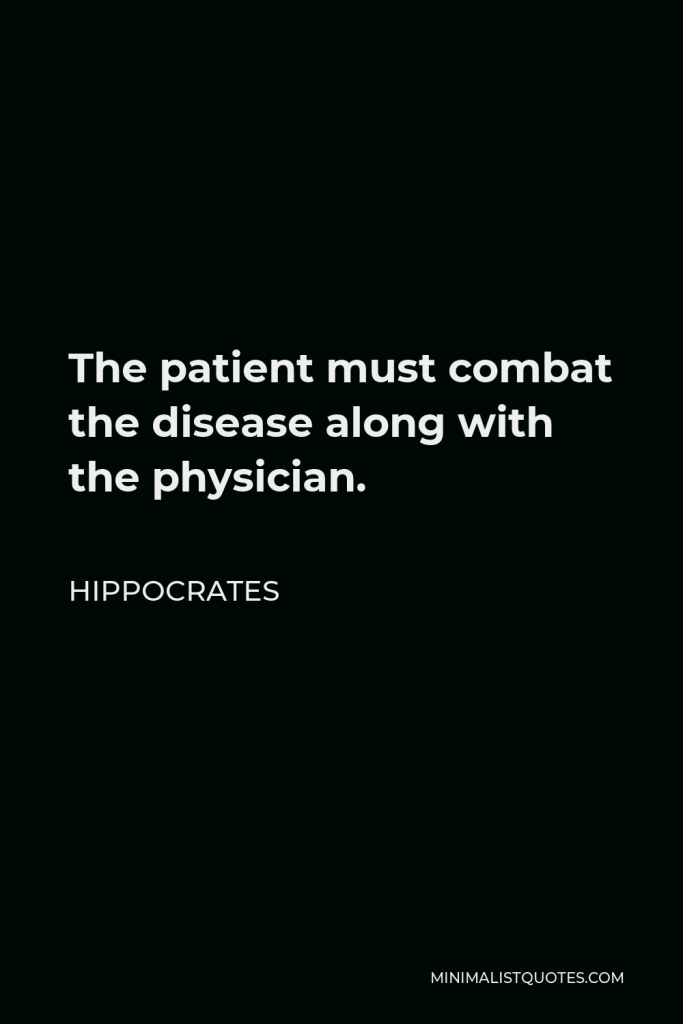

The patient must combat the disease along with the physician.
HIPPOCRATES -





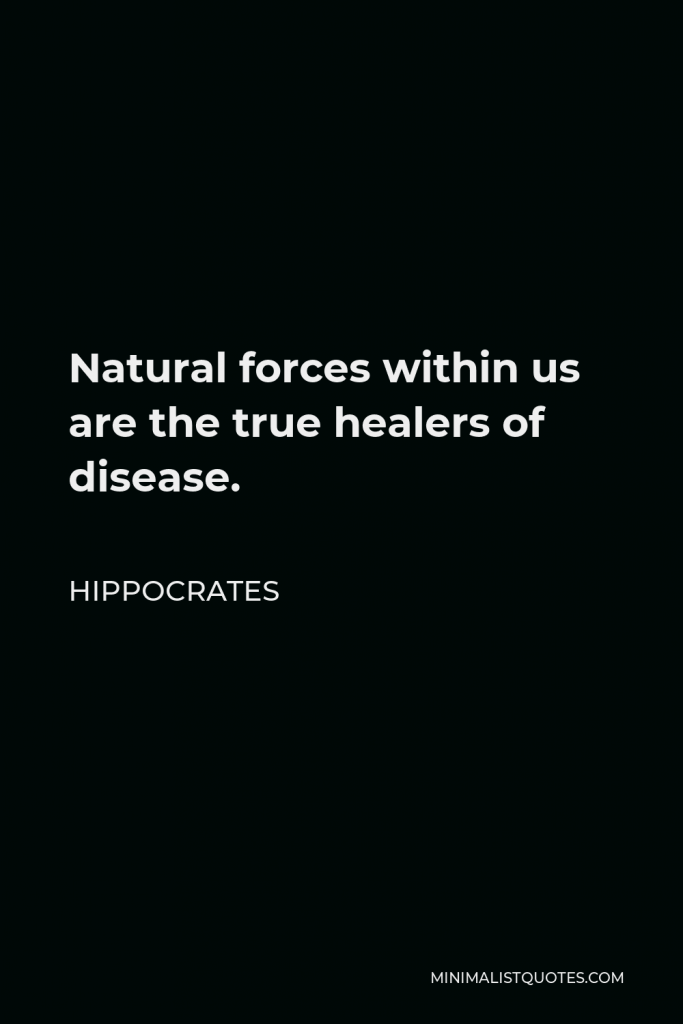

Natural forces within us are the true healers of disease.
HIPPOCRATES -





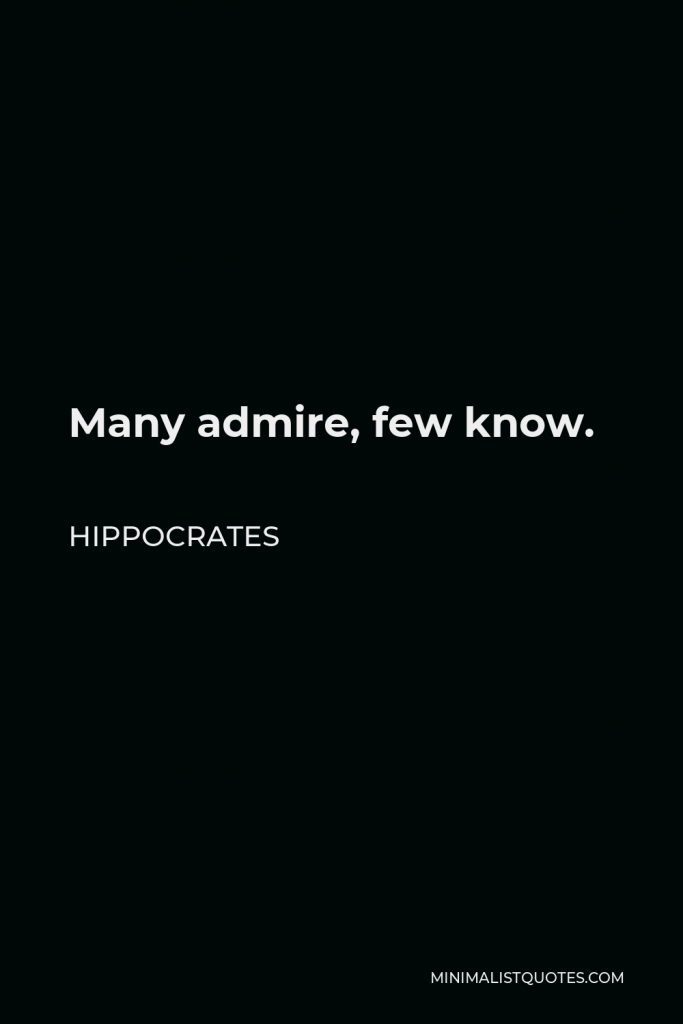

Many admire, few know.
HIPPOCRATES -





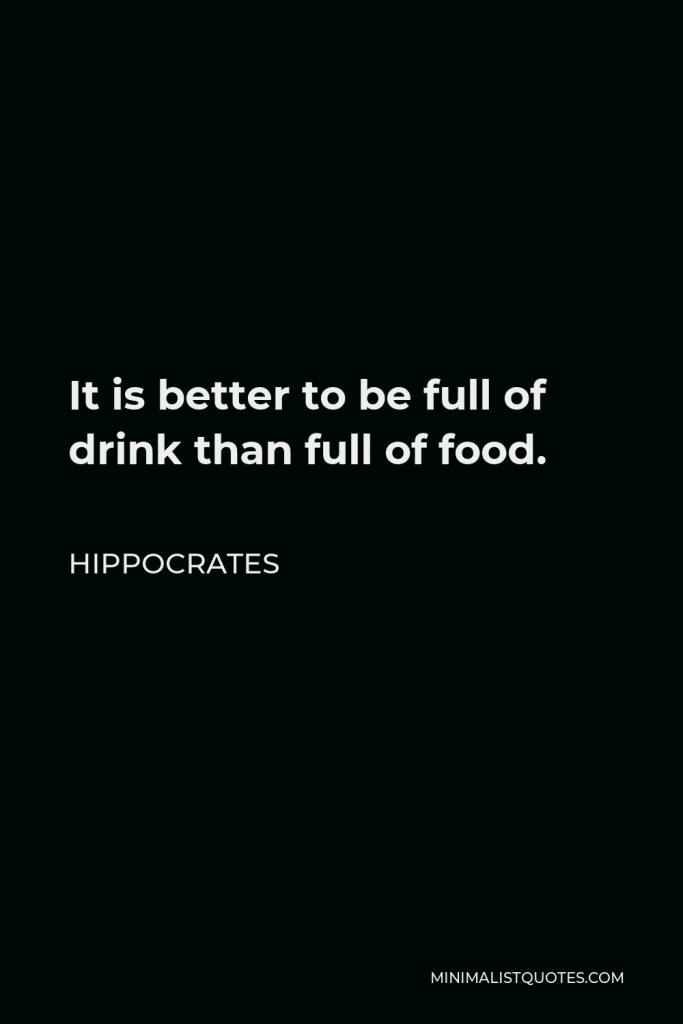

It is better to be full of drink than full of food.
HIPPOCRATES -







Of several remedies, the physician should choose the least sensational.
HIPPOCRATES

